The effects of temperature on ethanol production
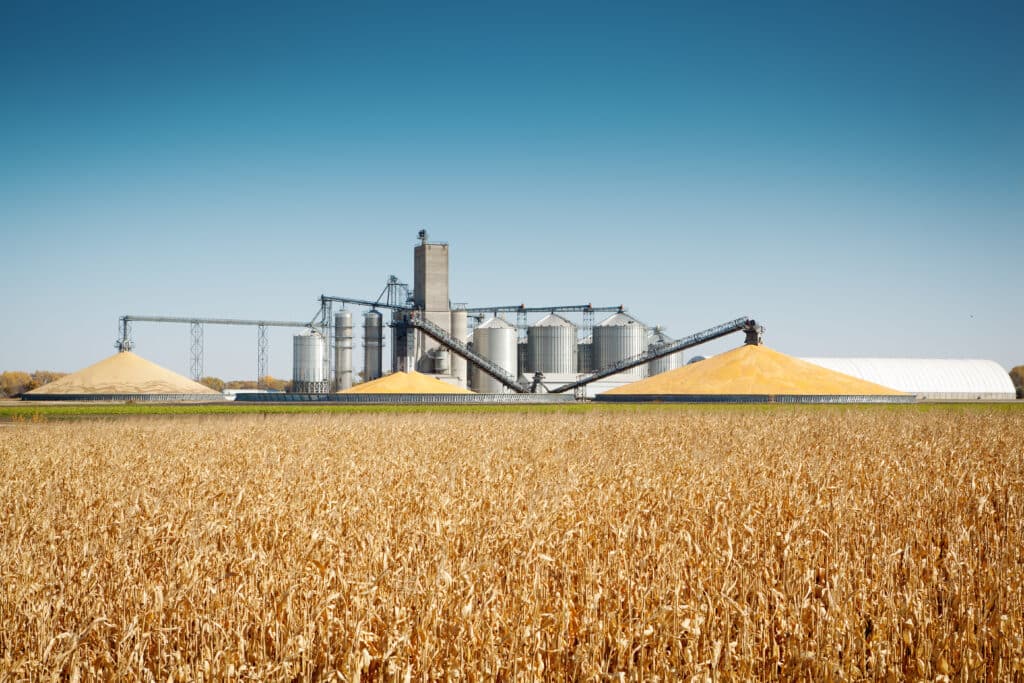
The success of ethanol production relies, partly, on various factors that can affect fermentation, with temperature playing a pivotal role. Yeast performance in converting feedstocks to ethanol is strongly linked to fermentation temperature, as it can only satisfy its needs under a suitable temperature environment. In this article, we will explore the effects of temperature […]
How can advanced yeast improve industrial ethanol plants’ performances?

In the field of industrial ethanol production, maximizing efficiency and yields while minimizing costs and environmental footprint are constant goals. One of the key factors in addressing these challenges lies in the choice of yeast. Advanced yeasts are genetically engineered to enhance their ethanol production capabilities. Those genetic modifications consist of carefully altering the yeast’s […]
Success story – Working with VERTEX Bioenergy to support a more sustainable future

For over ten years, we have been partnering with VERTEX Bioenergy on fermentation performance improvement to reach a shared goal of sustainably producing biofuels. Brought together by common values, we have established a close partnership with VERTEX Bioenergy plants to work on high-performance high gravity fermentations and yeast nutrition optimization pathways. For a decade, we […]
How to perform optimal ethanol fermentation? 7 key points
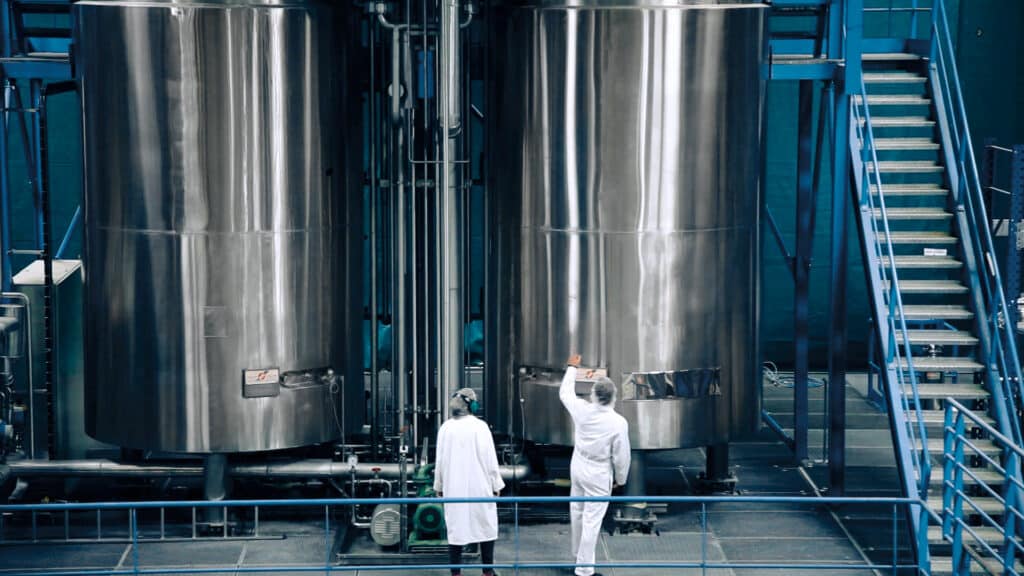
Producing industrial ethanol requires careful attention to detail and a thorough understanding of the fermentation process. Optimal ethanol fermentation can be achieved through various optimization factors: choice of the yeast, fine tuning of process parameters, contamination control, and so on. 1. Selecting the right yeast strain Different yeast strains have different abilities to ferment various […]
The benefits of complex yeast nutrients for your industrial ethanol production
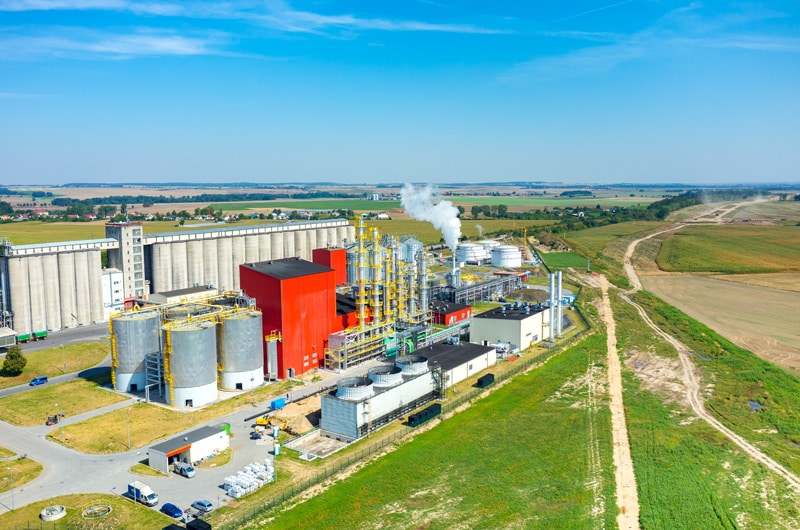
Yeast nutrition is a key factor in the productivity and viability of industrial ethanol production. In such production processes, reaching the highest yields, securing fermentations, and improving consistency are essential conditions to achieve operational gains and remain viable. From individual nutrition to complex yeast nutrient packages Historically, industrial ethanol producers have been testing their mashes […]
Success story – Working with KBK Biotech to increase distillery’s efficiency

In 2019, KBK Biotech pvt.ltd started a grain-based distillery with a 69 KLPD operation capacity. It was commissioned with Ethanol Red®. KBK Biotech has for main objective to increase Fermentation Efficiency. From the beginning of this collaboration, our technical service team committed to create further value in order to maximize KBK Biotech’s profitability through continuous […]
Fueling a sustainable future with 1G ethanol

Bioethanol – also called 1G ethanol or conventional ethanol – is a biofuel from organic material, ranging from multiple grain crops, to agricultural and agro-industrial waste. This organic material is collectively known as biomass: the main feedstock used in producing bioethanol. For comparison purposes, fossil fuels such as oil, coal and gas are the remnants […]
How does fermentation stress affect plant profitability? – Through the study of industrial ethanol production
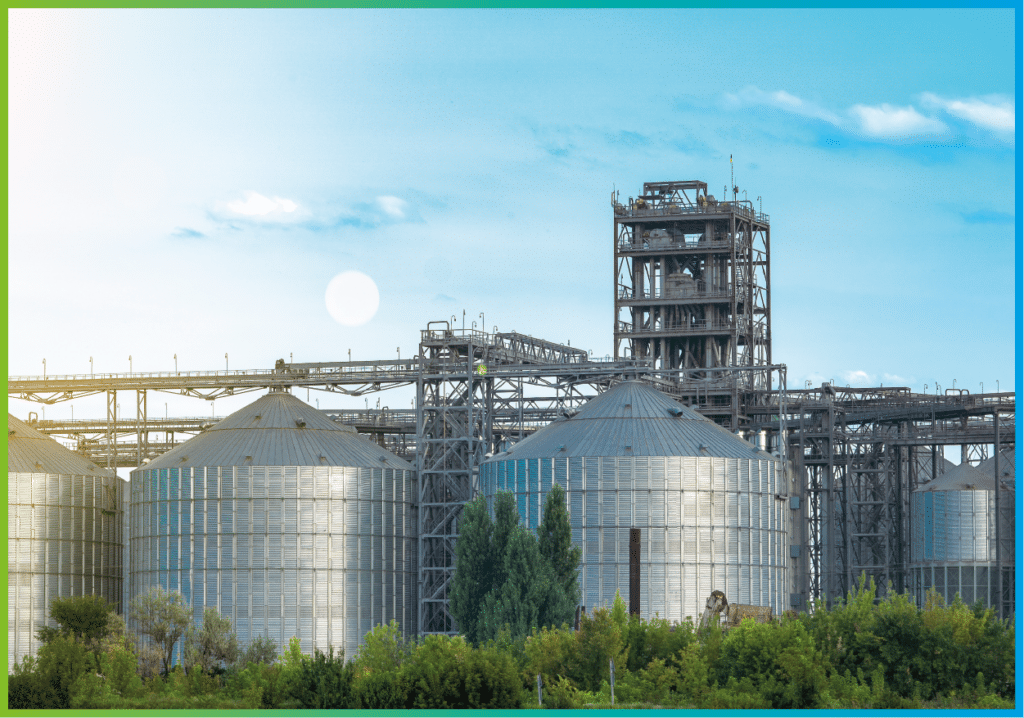
Like all biochemical processes, we can evaluate fermentation performance using the following 3 Key Performance Indicators (KPIs): productivity, yield and titer. These 3 KPIs have a direct impact on industrial ethanol production cost and thus plant profitability. All fermentation stresses leading to an impact on one or several of these KPIs will also impact plant […]
What is cellulosic ethanol? Production, challenges & opportunities of 2G ethanol
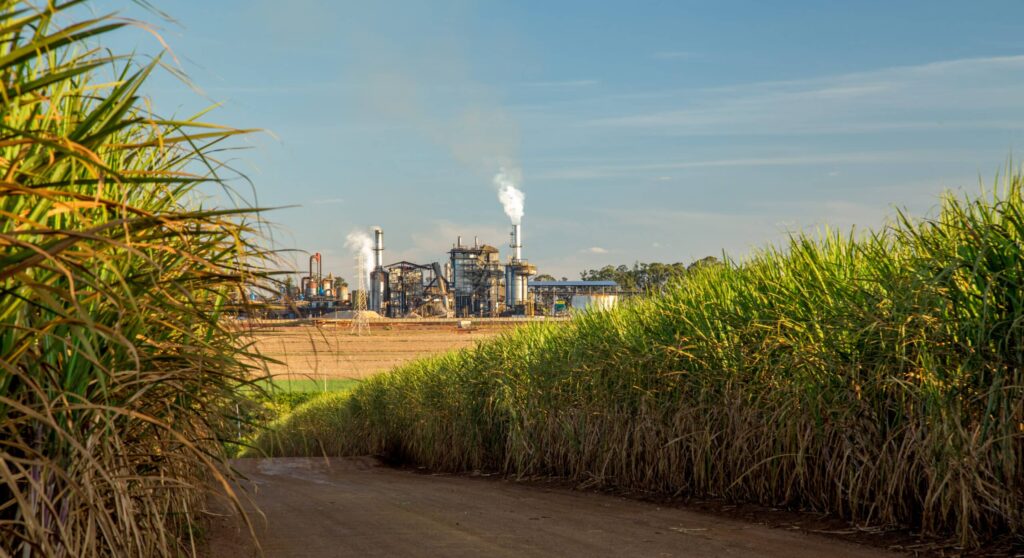
Cellulosic ethanol, also referred to as “2G ethanol”, “second-generation” or “advanced biofuel” is ethanol produced from a plant fiber called cellulose. Cellulose makes up the cell wall of plant cells, it is a polymer consisting of glucose molecules linked in a long chain, often with various chemical modifications. Humans and most domestic animals cannot digest […]
The Green Lab, a place of knowledge and expertise
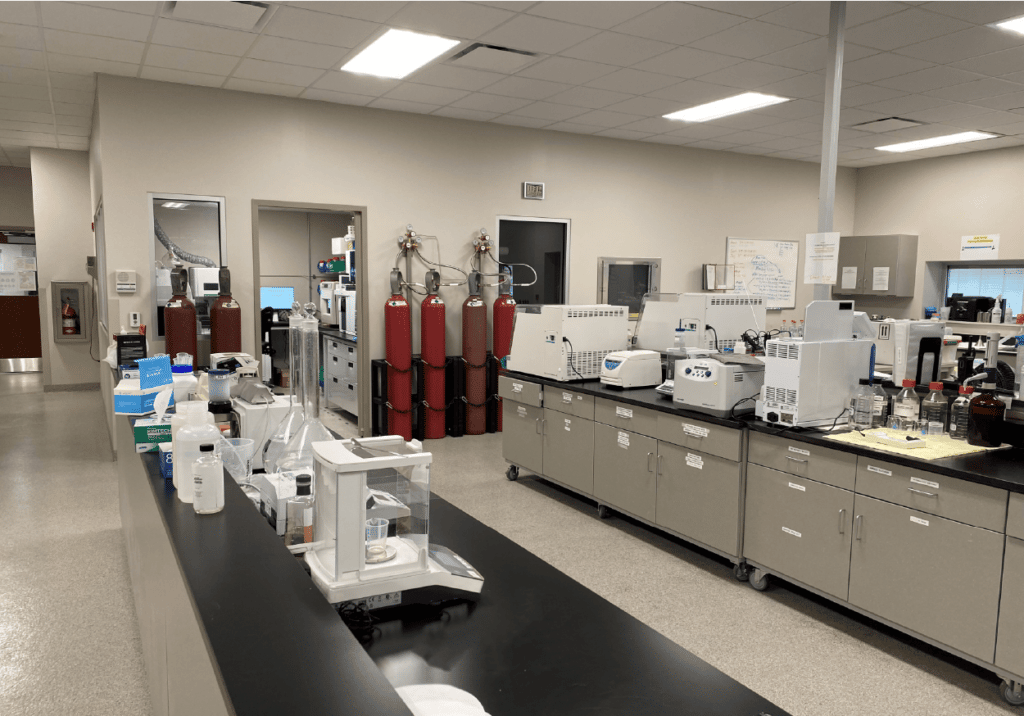
In the heart of Cedar Rapids, Iowa, where Lesaffre holds its Industrial Pilot Plant, the Green Lab was established in December 2017. Since then, we have been carrying out lab scale fermentation trials, driving optimization efforts in propagation and fermentation to improve yield and productivity, and studying stress factors affecting fermentation, with the ambition of […]




